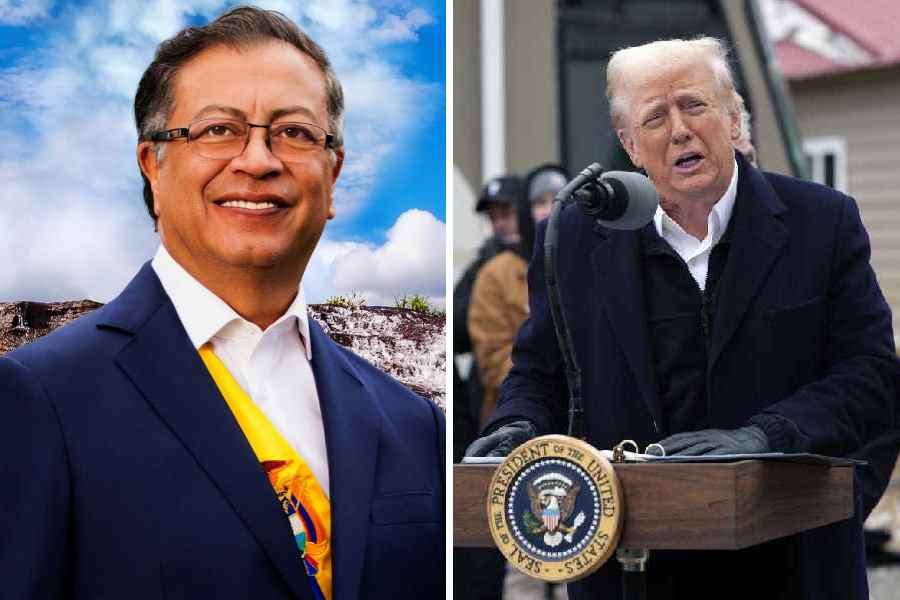Bail for the academics, writers and activists detained for alleged involvement with Maoists in the Elgaar Parishad case has been slow. But last week, the Supreme Court granted bail to the former professor of Nagpur University, Shoma Sen. She was arrested in June 2018 under the Unlawful Activities (Prevention) Act and had remained behind bars since then; her applications for bail had hitherto been repeatedly dismissed. The Supreme Court awarded her bail on account of her age and because no trial had been scheduled so far. The NIA suddenly found, when replying to the court’s question, that it was no longer necessary to detain Ms Sen. But Ms Sen must follow certain conditions: surrender her passport, not leave Maharashtra, alert the authorities about her address and phone number and keep her GPS switched on all the time. Almost six years without charges being framed and then bail with stern restrictions could be considered an assault on an individual’s health and dignity. The justice system emphasises the importance of these. Yet the UAPA’s unusual provisions seem to have made bail difficult for Ms Sen and her fellow accused, many of whom still remain in prison. The priest, Stan Swamy, died in custody.
One of Ms Sen’s arguments in her applications for bail was that evidence had been planted in the electronic devices seized from her. Rona Wilson, still incarcerated, had brought the same issue before the court. In the D.P. Kohli Memorial Lecture in remembrance of the Central Bureau of Investigation’s first director, the Chief Justice of India said last week that a balance had to be maintained between search and seizure powers and the individual’s right to privacy. The seizure of personal electronic and digital devices for the purposes of investigation should follow due process according to the measures instituted to maintain their integrity. The CJI deplored the ‘unwarranted’ seizure of devices during raids. The Supreme Court last year had labelled unchecked powers to raid and seize ‘dangerous’, and had called for regulations to guide such actions. The CJI’s recent description of the delicate balance between this power and the right to privacy as the ‘cornerstone’ of a just and fair society suggested that constitutional ideals should inform all actions of the justice system. Without that, regulations alone would not achieve fairness.











